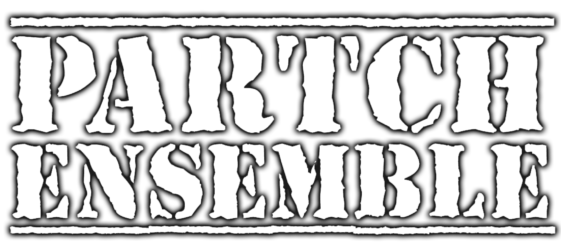Videos
-
Progressions (live at at REDCAT, June 2024)
Notes
Performed by PARTCH Ensemble at REDCAT, June 2024
Progressions
- Intro + Progressions Within One Octave (1942)
- Sonata Dementia: Abstraction & Delusion (1949)
In 1942, Harry Partch gave a lecture-demonstration at the Eastman School of Music in Rochester, N.Y. After introducing the now famous 43-note/octave scale on his newly created Chromolodian (sic), he proceeded to submerse the students in an extraordinary ear-bending sequence of chord Progressions Within One Octave that even today are capable of jarring the most seasoned Modernist sensibilities. Apologizing in advance that these auditory experiments, “…afford a little vision into a new world of musical resources—hardly more than a glimpse through a keyhole,” they turned out to be a peek into the future, as this music would soon become the opening of his Sonata Dementia (1949), exquisitely orchestrated with the addition of six newly built instruments. This performance was made possible in part by a grant from the City of Los Angeles Department of Cultural Affairs.
This performance was also made possible in part by the Los Angeles County Board of Supervisors through the Department of Arts and Culture.
Partch Instruments:
Adapted Guitar II, Chromelodeon, Cloud Chamber Bowls, Diamond Marimba, Harmonic Canon, Kithara, Marimba EroicaAdditional Instruments:
Voice
Performances
Recordings
No recordings (yet…)



